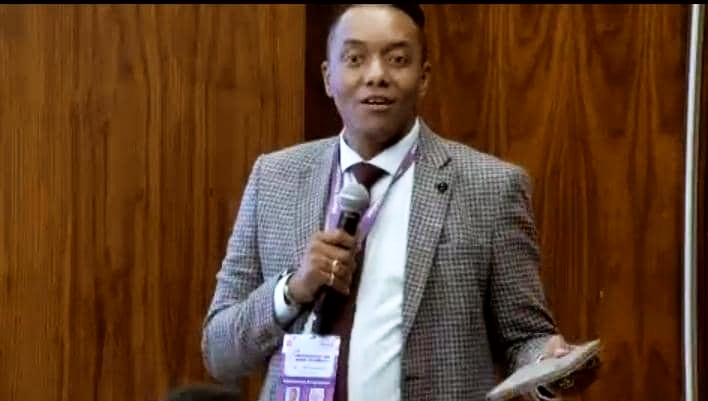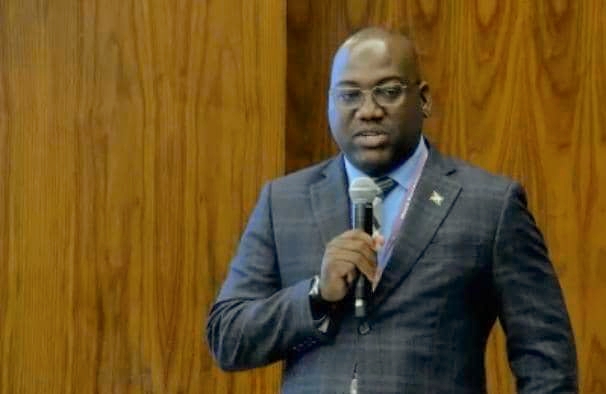Breaking the Silence: African Journalists Empowered to Tackle Critical Health and Social Issues
As Africa grapples with rising health crises and social injustices, a new wave of storytelling is emerging. Journalists are being empowered to amplify marginalized voices, challenge stigma, and drive change. Can their reporting be the catalyst for a healthier, more equitable future?
By Oluwaseyi Elizabeth Jimoh
In a bid to amplify crucial social issues and highlight the pivotal role journalists play in shaping African communities, the Merck Foundation organized a groundbreaking training program. The initiative aimed to empower media professionals to tackle sensitive health and social topics, including infertility stigma, child marriage, diabetes, and early disease detection, through responsible and ethical journalism.
The Rising Threat of Diabetes
Dr. Reuben, a senior medical practitioner, delivered a stark warning about the growing prevalence of non-communicable diseases on the continent. “Diabetes and hypertension were once diseases of the elderly, but now, we see young people—even teenagers—battling with these conditions,” he said, attributing the shift to changing lifestyles, increased consumption of processed foods, environmental stressors, and a lack of preventive healthcare.

Dr. Reuben emphasized the importance of awareness, urging media practitioners to sensitize the public. “Media must help us win this fight. Prevention begins with information, the right information—because lifestyle change and education are key.” He encouraged journalists to move beyond mere statistics, telling human stories, exploring root causes, and bridging the gap between medical knowledge and public behavior.

Radio’s Enduring Power
Former journalist and Senior Advisor to Mauritius’ Ministry of Gender Equality and Family Welfare, Mr. Jean Luc Emily, highlighted the significance of radio in reaching rural communities. “The media is not just a messenger. It is a catalyst for social transformation,” he said, citing an example of a community radio broadcast on foster parenting that generated over 200 new family registrations in just one day. He cautioned against the rise of fake news, emphasizing the need for credible and verified reporting.
Amplifying the Unheard
A panel discussion, moderated by Mauritian journalist Fateema Capery, focused on the media’s duty to amplify the voices of the unheard, particularly regarding mental health, domestic violence, and gender inequality. “Media is a powerful platform—but with that power comes responsibility. Not just to inform, but to educate,” Capery affirmed, encouraging journalists to abandon sensationalism in favor of integrity and creativity.
Sensitizing Health Practitioners
The training concluded with a lively question-and-answer session, highlighting the need to sensitize health practitioners to their role in media communication. Participants emphasized the importance of building stronger partnerships between journalists and healthcare professionals, noting that lack of access to medical information remains a major barrier to effective reporting.
The Merck Foundation training, which brought together medical experts and media practitioners from several African countries, reminded participants to inform with accuracy, communicate with empathy, act with urgency, and champion the marginalized as change agents for healthier communities.





Comments